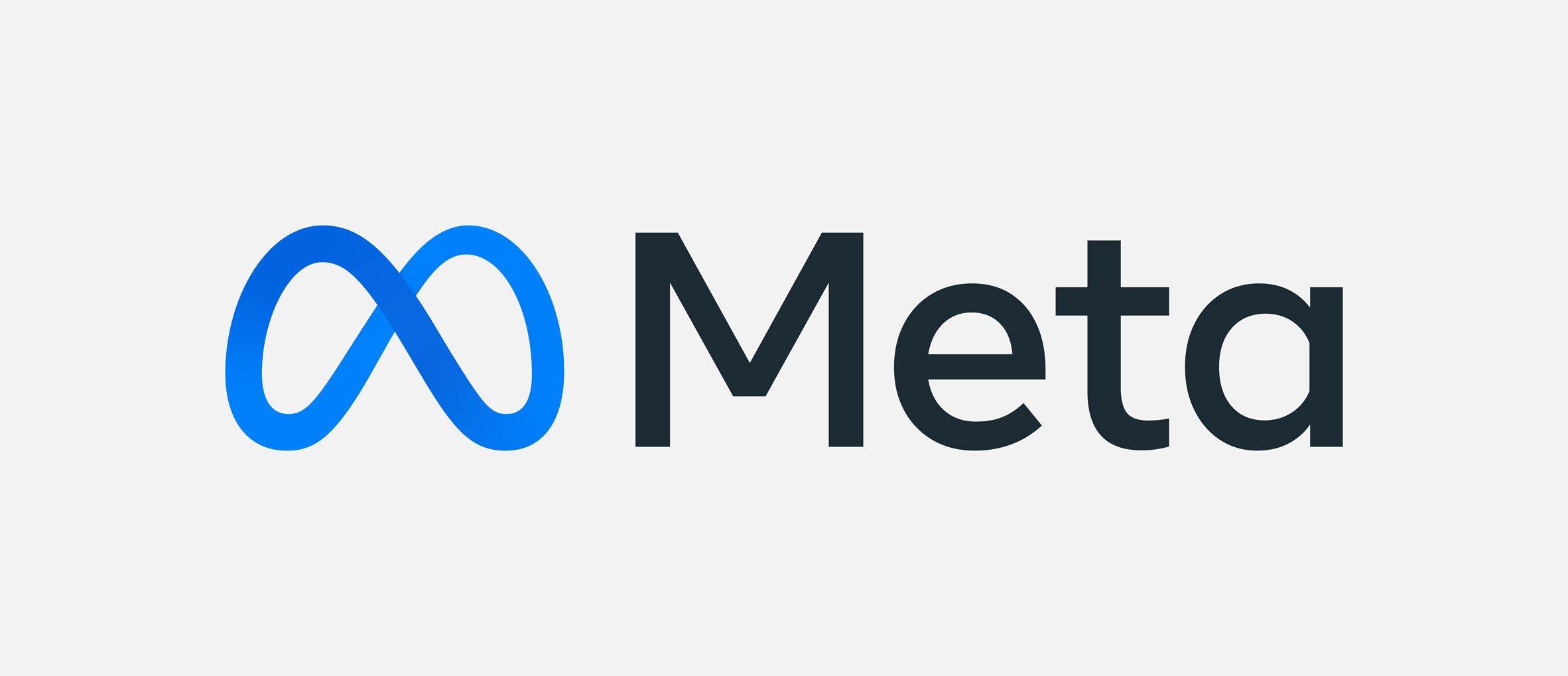



In a rapidly evolving digital landscape, where user habits and technological advancements intermingle at breakneck speed, the aspirations of tech moguls often shape the very fabric of our online experiences. At the forefront of this transformation stands mark Zuckerberg, a figure synonymous with innovation but also with polarizing complexities. As he steers Meta—a rebranded entity striving to dominate the metaverse—Zuckerberg’s ambitions raise a compelling question: is Meta really aiming to transcend its origins, or is it at risk of becoming something it inherently isn’t? This article delves into Zuckerberg’s vision, the dichotomies of Meta’s identity, and the challenges that lie ahead as the company attempts to redefine itself in an age of skepticism and evolving expectations.
As Meta navigates the nuanced waters of its identity, the company finds itself torn between its foundational role in social networking and the enterprising aspirations toward becoming a leader in the metaverse. This dichotomy has led to a significant identity crisis, marked by challenges such as fluctuating user engagement and public perception. Meta’s push to redefine itself includes ambitious projects like enhancing virtual reality experiences, yet the question remains: can it truly shed the skin of its original platform and emerge as a pioneer in an entirely different domain? To understand this, we must consider the complexities of user expectations and the demands of an evolving digital landscape.
The transformation efforts have sparked a flurry of internal and external critiques, exposing rifts in consumer trust and brand loyalty. Some view this shift as a necessary evolution, while others see it as a miscalculation of public sentiment. Key concerns include:
To further dissect the dilemma, consider the following table illustrating Meta’s shifting focus:
| Aspect | Current Focus | Original Focus |
|---|---|---|
| social Interaction | Virtual Reality Spaces | Social Networking Platforms |
| User Experience | Immersive Environments | Simple Connectivity |
| Business Model | Virtual Economies | Advertising Revenue |
This strategic pivot possibly jeopardizes Meta’s initial community-driven ethos, prompting a deeper inquiry into what it truly means to connect in today’s digital era. The dissonance between user expectations and corporate objectives could either sculpt a revolutionary path or lead to the company’s undoing, leaving us at the precipice of what Meta will ultimately choose to become.

The contrast between Zuckerberg’s lofty ambitions and the current state of Meta is stark. What was envisioned as a revolutionary platform for social interaction and a metaverse playground has, in many respects, struggled to capture the public’s imagination. The idea of immersive virtual reality experiences evoked excitement, yet the reality has been a disjointed assortment of projects vying for attention.Users are left questioning the utility of products that promise more than they deliver, leading to a disconnect between expectations and experiences.
one of the challenges facing Meta is the diversity of offerings that often seem overwhelming rather than cohesive. As the company pushes forward with innovations, it’s essential to consider key aspects driving its strategy:
| Aspect | Vision | Reality |
|---|---|---|
| User Engagement | Active participation in virtual worlds | Frequent complaints and disengagement |
| Innovation | Cutting-edge VR and AR experiences | Mixed reviews on current products |
| market Position | Leader in social media evolution | Public mistrust and competition |

In an era of rapid technological advancements, user expectations are evolving at an unprecedented pace, often leaving companies scrambling to keep up. Mark Zuckerberg’s vision for Meta seeks to transform the platform into an immersive metaverse experience, yet many users remain attached to its foundational elements. The challenge lies in bridging the gap between innovative aspirations and the practical demands of everyday users who crave functionality and connection over untested virtual experiments. Key factors to consider include:
As meta navigates this uncharted terrain, it needs to strategically assess user sentiment. A recent survey highlighted that while users are intrigued by the prospects of the metaverse, a significant percentage still values conventional social networking features. This suggests that a balanced approach is crucial. Below is a snapshot of user preferences:
| User Preference | Percentage |
|---|---|
| Desire for familiar social networking features | 68% |
| Interest in immersive metaverse experiences | 49% |
| Concerns over privacy and security | 72% |
| importance of authentic community interactions | 65% |
This data reinforces the notion that while innovation is essential, the core values of connectivity, safety, and community should guide Meta’s transformation efforts. Striking a balance between aspiration and practicality will ultimately define the platform’s success in the user-centric landscape.

To enhance Meta’s authenticity, vibrant community engagement must take center stage. This can be achieved through transparent communication, ensuring that users feel heard and valued. By fostering genuine interactions, Meta can create a more relatable persona that resonates deeply with its audience. Some effective methods to facilitate authentic engagement include:
Furthermore, tapping into partnerships with grassroots organizations can build deeper trust and connection with users. By prioritizing social value over mere engagement metrics, Meta can align its branding with values that truly matter.Collaborating on initiatives that promote mental health, inclusivity, or environmental awareness will not only enhance Meta’s image but also foster a sense of belonging among users.A simple analysis of initiative outcomes could include:
| Initiative | Expected Impact |
|---|---|
| Environmental Campaigns | Enhanced brand loyalty and community support |
| Mental Health Workshops | stronger user connection and trust |
As we step back from the intricate web of ambition and innovation woven by Mark Zuckerberg’s vision for Meta, it becomes clear that the company stands at a crossroads—a desire to redefine itself amidst the echoes of its past. The transformation from a social media titan to a multifaceted metaverse architect showcases a willingness to evolve, yet raises pressing questions about identity and intention.While zuckerberg’s aspirations may push the boundaries of technology and connectivity, they also challenge us to consider the essence of what meta represents in a rapidly changing digital landscape. Whether this journey yields a cohesive identity or ventures into a realm of uncertainty remains to be seen. As we watch this unfolding narrative, it is essential to engage in thoughtful dialog about what companies like Meta should prioritize and the roles they aspire to play in our lives—beyond the platforms we know today.